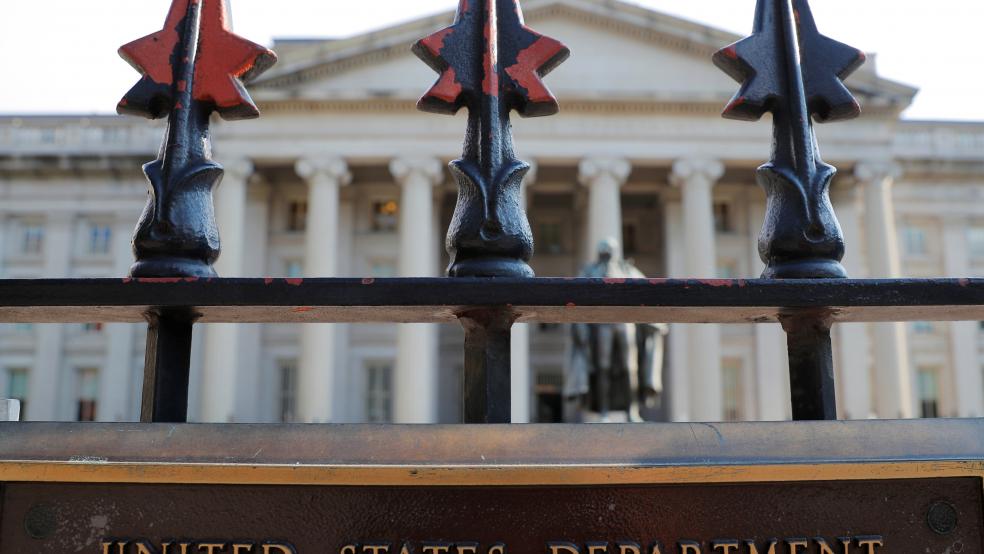The gap between what Americans owe and what the IRS collects is only getting bigger, with lost revenues totaling trillions of dollars over the next 10 years, Deputy Assistant Secretary Mark Mazur told lawmakers Thursday.
“Over the coming decade, the gross tax gap is projected to total approximately $7 trillion, roughly 15 percent of all owed taxes,” Mazur said in prepared remarks to the House Subcommittee on Oversight and Subcommittee on Select Revenue Measures. “Tax non-compliance has serious consequences for the majority of Americans who pay their taxes in full each year. A larger tax gap generates the following results: higher tax rates elsewhere in the system, lower revenues to fund the nation’s fiscal priorities, or higher budget deficits and larger amounts of federal debt. Extensive and persistent non-compliance also undermines confidence in the fairness of our tax system.”
Mazur said years of underinvestment in the IRS has been a major contributing factor to the growing tax gap, as audits declined steeply in the wake of a 20% cut in funding over the last decade. The $80 billion in increased funding requested by the Biden administration for the agency over the next 10 years would reverse that decline, Mazur said, and help generate hundreds of billions of dollars in additional revenues. Over a longer time horizon stretching to 2040, the full package of compliance measures outlined by the White House could generate additional revenues of more than $2 trillion.
Former Treasury chiefs provide support: Mazur’s testimony comes on the heels of an op-ed in The New York Times by five former Treasury secretaries – Lawrence Summers, Robert Rubin, Henry Paulson, Jacob Lew and Timothy Geithner – urging Congress to back Biden’s plan to beef up the IRS.
“Reasonable people can disagree on the magnitude of particular tax rate increases,” the former secretaries wrote. “But on this issue, all should agree, including members of Congress of both parties: Giving the I.R.S. the tools it needs to improve compliance will raise significant revenue and create a fairer, more efficient system of tax administration.”




